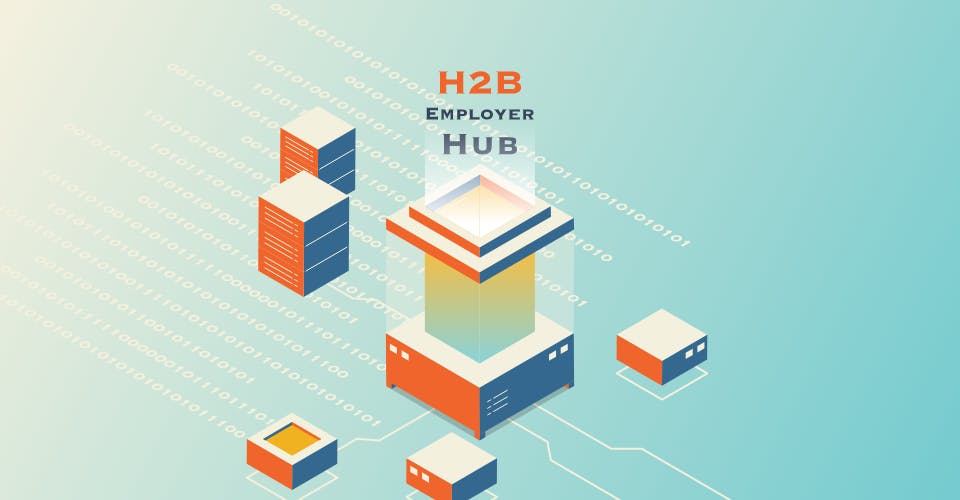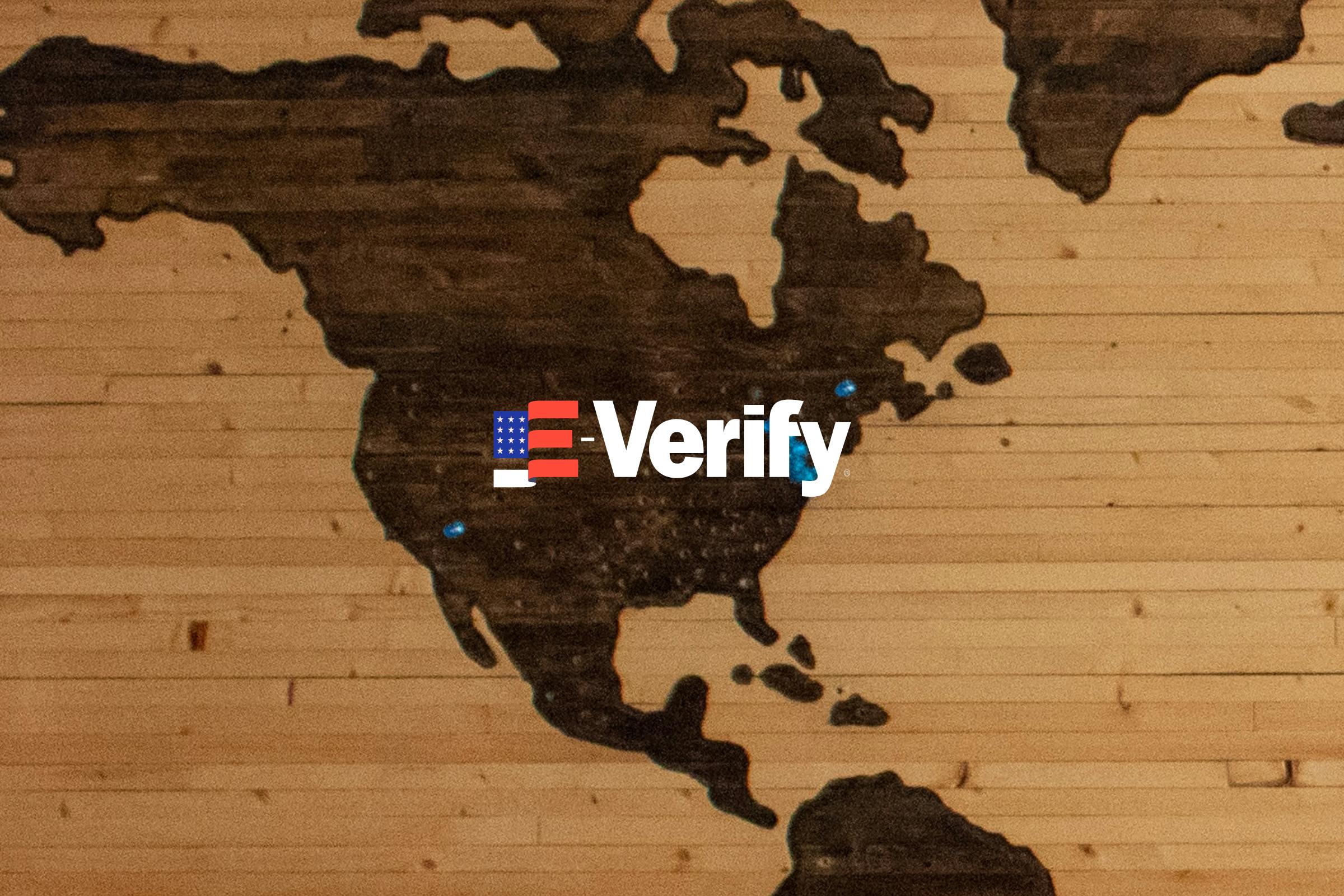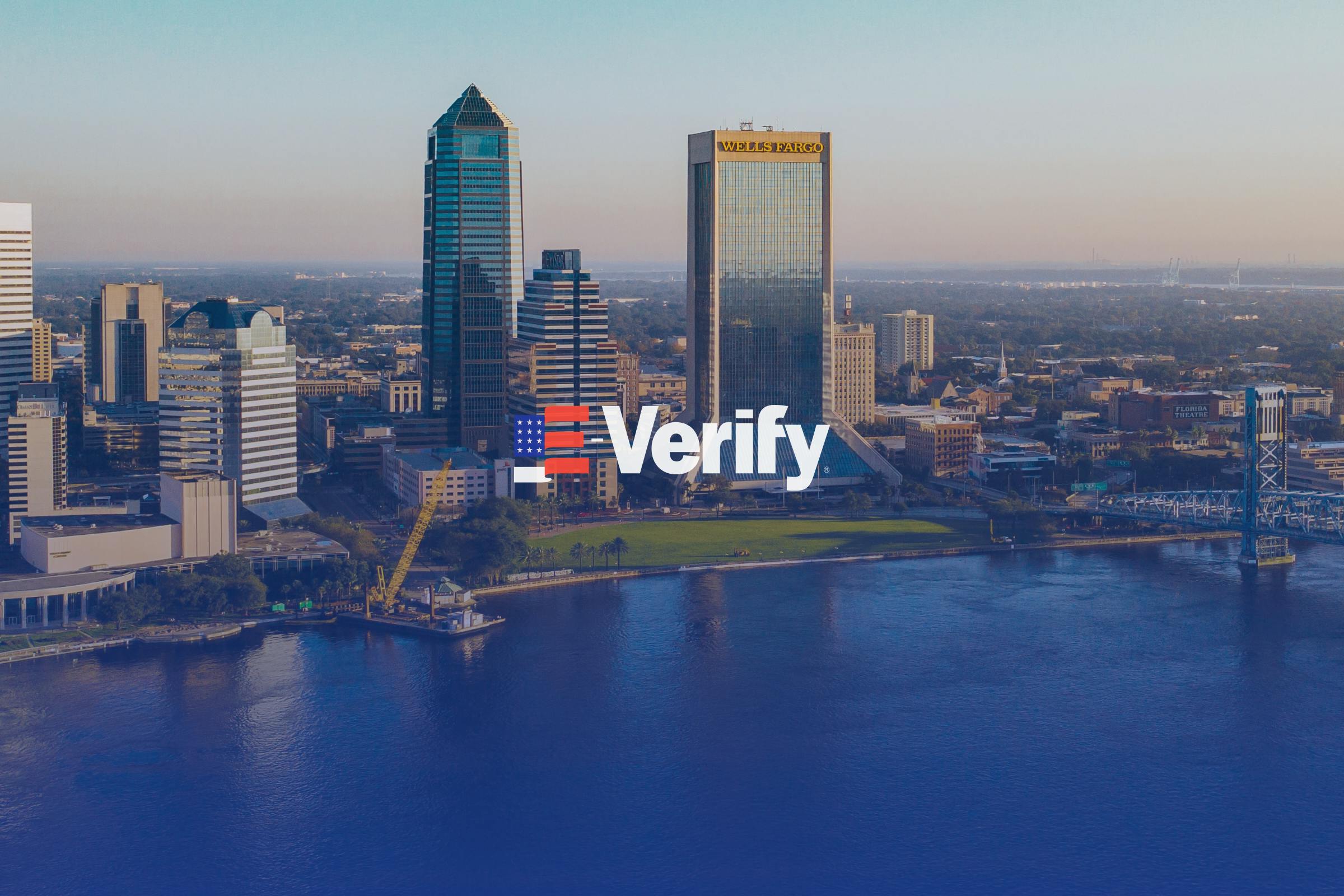The USCIS has launched a new online resource called the H2-B Employer Hub. The employer hub is essentially an online database that shows which employers in the United States are hiring temporary, non-immigrants in this category. This new tool can be very helpful for those who are in the application process for the H2-B visa, or also those who would like to simply gather more data on the industries, employers, salaries, and acceptance rate for H2-B petitions.
In this blog we will cover some of the basics of this new online tool and discuss it more in depth.
How Does it Work?
You can find a direct link to the H2-B Employer Hub by clicking here: https://www.uscis.gov/tools/reports-and-studies/h-2b-employer-data-hub. You can also go to the USCIS website and go from the Home screen to Tools, then Reports and Studies, then H2-B Employer Data Hub. If you scroll down on this page, you will see where you can start to input information to get your desired search results.
For example, input the employer you are looking for (same as the petitioning organization), and also refine your search results by inputting the employer location by city, state, and zip code. If you also have the NAICS or SOC Code, you can input these as well. Start with a general search first before doing an advanced search. Like any search engine, the database will not populate with the correct results even if you are slightly off in inputting data such as a code with many numbers or letters.
If you don’t want to do a targeted search, and are more interested in browsing on this page, then you also scroll to the bottom and start clicking on organizations (listed in All Caps) to see the information provided by the USCIS. Keep in mind that the data you are seeing is not from the current month, but rather from the 1st half of the 2021 fiscal year.
If you are seeing a “Cap Exempt” next to an employer, this includes workers in the United States in H-2B status who extend their stay, change employers, or change the terms and conditions of employment and are not subject to the cap.[1]
Benefits of the Data Hub
There are many benefits and advantages for using tis data hub. First off, with every organization listed, there is information on the amount of temporary workers who have approved and denied per fiscal period. This is important for prospective applicants who might not want to invest their time and money applying to a company that a history of denying applications.
Secondly, the employer hub lists the hourly wages (range) for all of its H2-B employees. If you are considering an H2-B visa, you can use this online database to search for employers that pay workers a living wage, and also see which industries (construction, lawncare, landscaping, etc.) tend to pay the most or the least. Thus the Employer Hub serves as a research tool for anyone who wants to know what the average or median pay is for different industries.
Finally, the Employer Hub shows which employers have hired workers from abroad. This is noted by the “Consular Processed” notation toward the bottom of the listed attributes of the respective employer. It is good to know if you are interested in applying for a position if the organization has previously worked with applicants who will need to have a visa appointment at a U.S. consulate.














